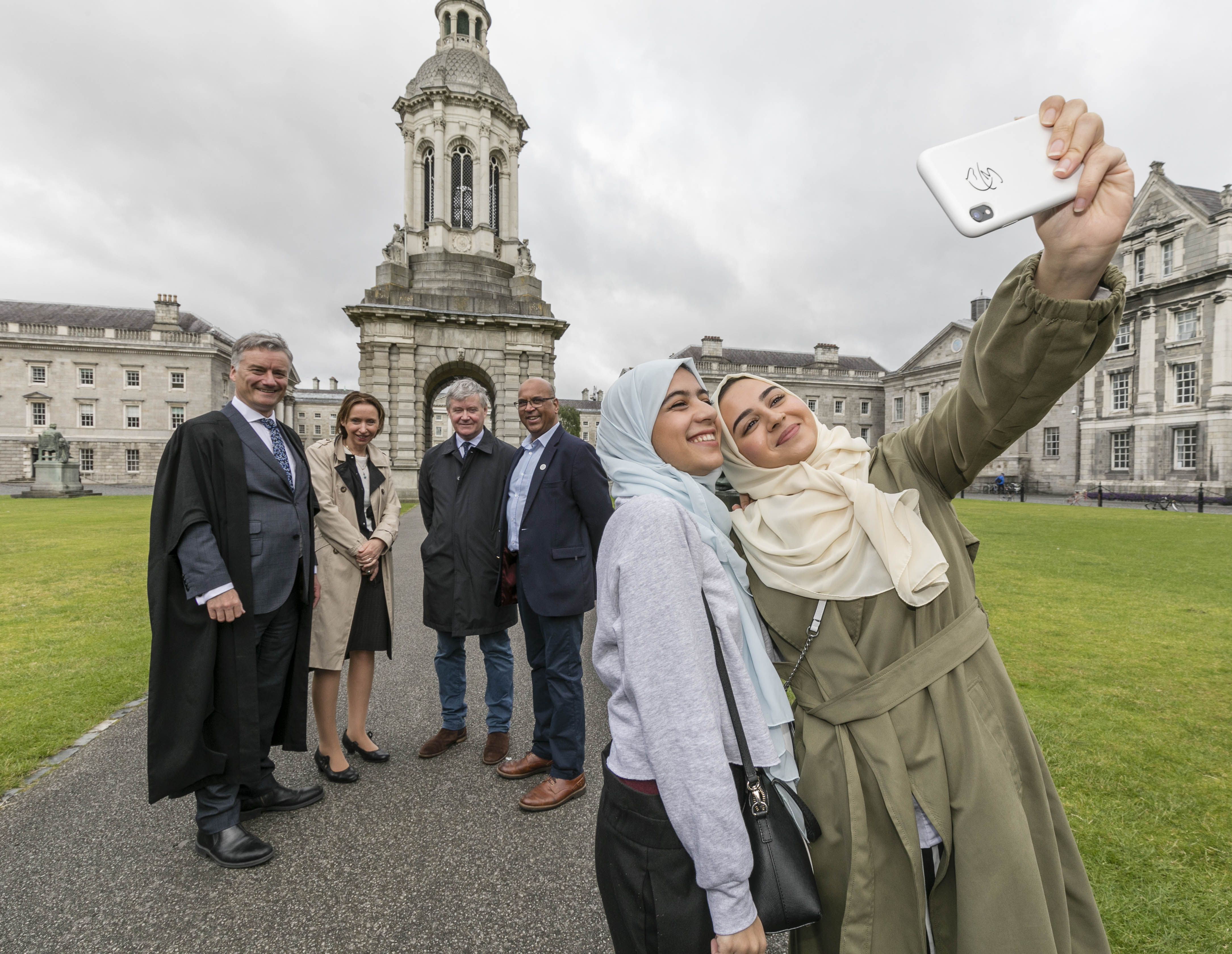Trinity have announced this morning the establishment of a new Centre for Middle Eastern Studies and a strategic alliance between Trinity and the Al Maktoum College of Higher Education.
Trinity is to appoint four new professors in Middle Eastern Studies to work in what will be known as the “Al Maktoum Centre for Middle Eastern Studies in Trinity College Dublin”.
The Al-Maktoum College Of Higher Education, located in Dundee, is sponsored by the foundation of Hamdan Bin Rashid Al-Maktoum, the vice president and prime minister of the United Arab Emirates (UAE), and ruler of Dubai.
The Al-Maktoum Foundation will also sponsor Trinity’s new Centre for Middle Eastern Studies.
A College spokesperson told Trinity News that they would not disclose the amount received in the donation from the Al Maktoum Foundation, at the request of the donors, adding: “We are just able to say that it will support four new professor posts.”
The Centre will be part of Trinity’s School of Languages, Literature and Cultural Studies within the Faculty of Arts, Humanities and Social Sciences.
Provost Patrick Prendergast, said: “This generous gift from the Al Maktoum Foundation comes at a vital moment in the history of Trinity College’s relationship with the Middle East, its peoples and its cultures.”
“Continuing a long-established tradition of Middle Eastern studies in the history of Trinity College, this generous gift comes at a time when society in Ireland must seize the opportunity to enhance the role which all can play in a pluralistic society.”
Mirza Al Sayegh, Chairman of the Board of Trustees of Al Maktoum College and the Al Maktoum Foundation said: “We are very proud to support this initiative and with the association with Trinity College Dublin, with its global reputation for excellence in research and education. It continues a long commitment of the Maktoum family’s investment in both education and in Ireland.”
Trinity’s department of Near and Middle Eastern Studies currently offers an undergraduate degree course in Middle Eastern, Jewish and Islamic Civilisations which takes in around 12 students each year.






